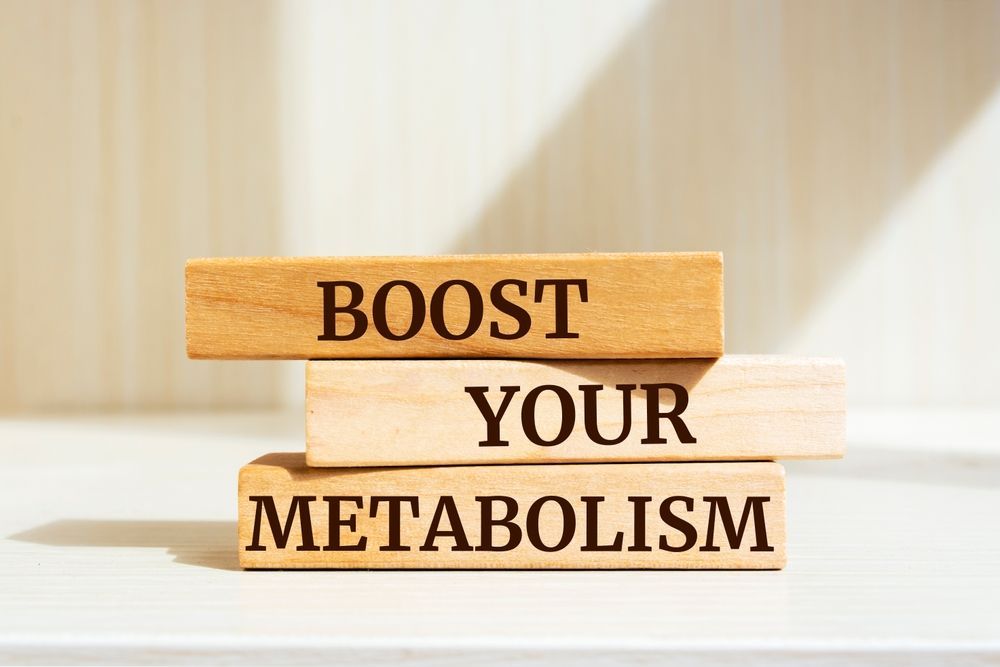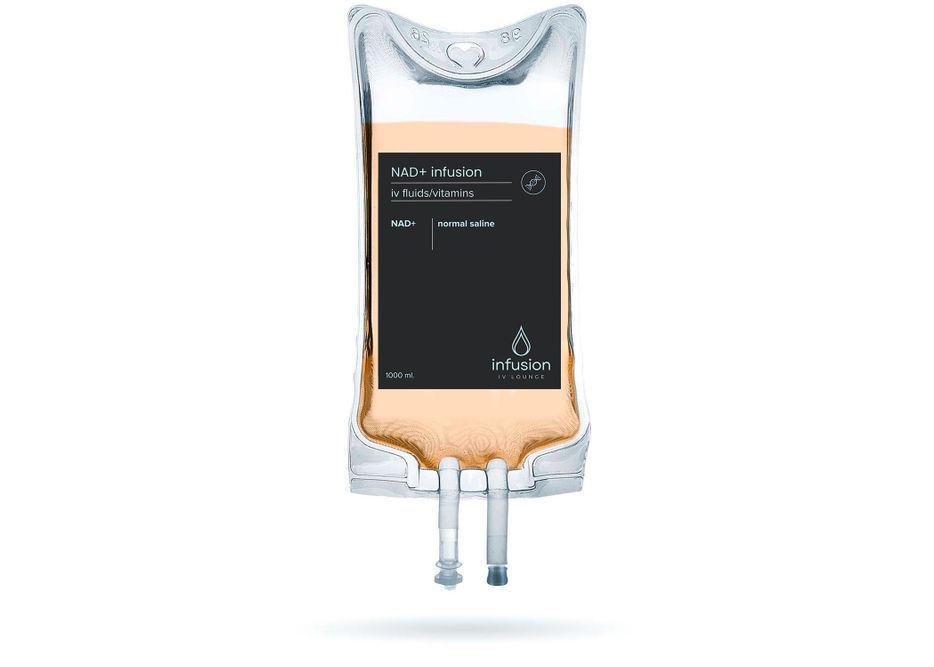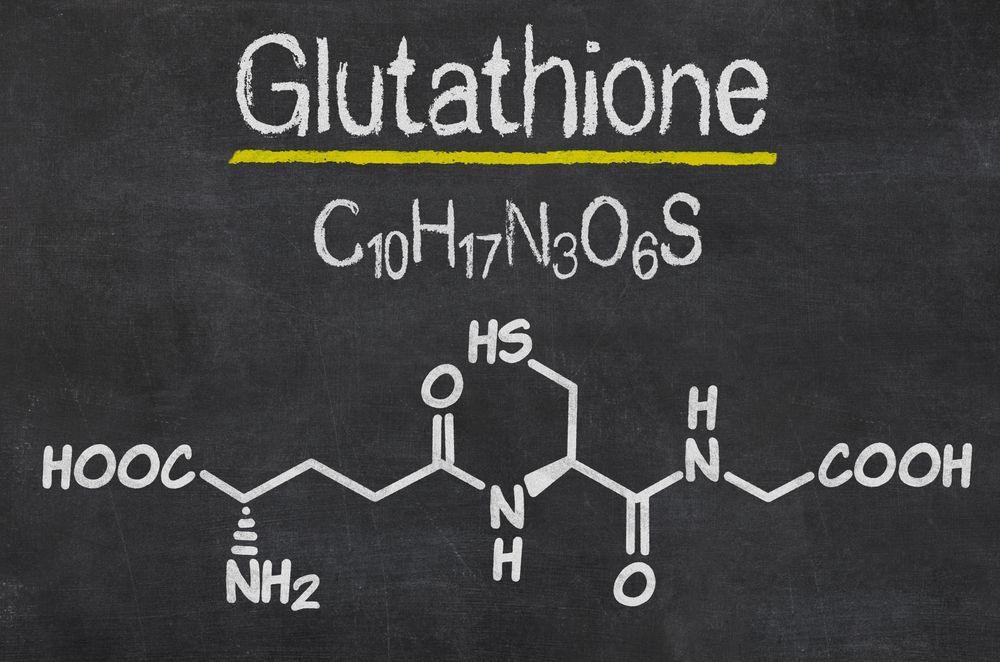Boost Your Metabolism with Natural Health Strategies

Many individuals are on a quest to rev up their metabolism for better health, weight management, and overall well-being. Fortunately, natural health strategies can play a significant role in enhancing metabolic function. This article dives into the mechanisms behind metabolism, the factors that influence it, and effective natural strategies for boosting it.
Understanding Metabolism and Its Importance
Metabolism refers to the complex biochemical processes that convert the food we eat into energy. This energy powers everything we do, from the simplest actions like breathing to the more complex activities such as exercising. The efficiency of these processes can vary greatly among individuals, making metabolism a fascinating topic of study in nutrition and health.
The Role of Metabolism in Your Body
Essentially, our body is a machine running on fuel, and metabolism is the engine that ensures everything functions smoothly. The energy produced by metabolism supports cellular functions, maintains temperature, and facilitates movement. A higher metabolic rate means that your body can burn more calories, even at rest, which is crucial for maintaining a healthy weight. Moreover, metabolism plays a pivotal role in how our bodies process nutrients, affecting everything from muscle recovery after workouts to the way we feel throughout the day.
Factors Affecting Metabolism
Several factors can influence your metabolic rate, including:
- Age: Metabolism naturally slows down with age.
- Muscle Mass: More muscle generally boosts metabolic rate since muscle tissue burns more calories than fat.
- Genetics: Your genetic makeup can predispose you to a higher or lower metabolic rate.
- Hormones: Hormonal imbalances can significantly affect how quickly your body burns calories.
In addition to these factors, lifestyle choices such as diet and physical activity levels can also have a profound impact on metabolism. For instance, consuming a diet rich in protein can temporarily increase your metabolic rate due to the thermic effect of food, which is the energy required to digest and process nutrients. Furthermore, engaging in regular physical activity, especially strength training, can help build muscle mass, thereby enhancing your metabolic rate over time. Sleep quality and stress management are also crucial, as poor sleep and high stress can lead to hormonal changes that may slow down metabolism.
Understanding these factors is essential for anyone looking to optimize their health and fitness. By making informed choices regarding diet, exercise, and lifestyle, individuals can potentially boost their metabolism and improve their overall well-being. This knowledge empowers people to take control of their health, encouraging a proactive approach to weight management and energy levels throughout the day.
Natural Health Strategies for Metabolism Boost
Many natural approaches can help you enhance your metabolic function. Focusing on lifestyle changes can yield significant benefits over time.
Importance of a Balanced Diet
A balanced diet incorporating various nutrients is vital for a healthy metabolism. Foods rich in protein, for instance, can boost your metabolism temporarily due to the higher energy required for digestion.
Incorporating fruits, vegetables, whole grains, and healthy fats can create a nutrient-dense diet that supports metabolic functions. Consume lean proteins like chicken, fish, legumes, and nuts to keep metabolism high.
The Power of Regular Exercise
Regular physical activity is one of the most effective ways to boost your metabolism. Engaging in both aerobic exercises and strength training can promote muscle growth and cardiovascular health.
Strength training helps build muscle, which can increase your resting metabolic rate. Aim for at least 150 minutes of moderate-intensity aerobic activity per week alongside two days of strength training for optimal benefits.
Hydration and Metabolism
Staying adequately hydrated is essential for metabolic health. Water plays a key role in energy transformation. Studies have shown that drinking water can temporarily boost metabolic rates.
Consider replacing sugary drinks with water or herbal teas, and remember to drink water before meals. Not only does hydration aid in digestion, but it can also help control appetite and promote overall well-being.
Herbs and Spices that Enhance Metabolism
Integrating specific herbs and spices into your diet can provide a natural boost to your metabolism. These ingredients not only enhance flavor but can also possess properties that stimulate metabolic functions.
Green Tea and Its Metabolic Benefits
Green tea is famed for its numerous health benefits, including its potential to enhance metabolism. Containing caffeine and catechins, green tea may help increase energy expenditure and fat oxidation.
Choosing to sip on green tea a few times a day can be a simple addition to your daily routine, offering both taste and health advantages.
The Role of Turmeric in Metabolism
Turmeric, known for its active compound curcumin, has anti-inflammatory properties that can aid in metabolic health. This spice may help regulate blood sugar levels and improve fat metabolism.
Incorporating turmeric into your meals, perhaps in soups or curries, can contribute to your metabolic efforts. Pair it with black pepper to enhance the absorption of curcumin in your body.
The Impact of Sleep on Metabolism
Adequate sleep is often overlooked but is crucial for metabolic balance. Poor sleep quality can lead to hormonal imbalances that affect appetite and metabolism.
The Sleep-Metabolism Connection
When you don't get enough sleep, levels of ghrelin (which stimulates appetite) increase, while leptin (which suppresses appetite) decreases. This imbalance can lead to overeating and weight gain.
Prioritizing sleep contributes not only to enhanced metabolism but also improves overall health, mood, and cognitive function.
Tips for a Better Sleep Routine
To improve your sleep quality:
- Establish a regular sleep schedule by going to bed and waking up at the same time each day.
- Create a restful environment by keeping your bedroom dark, cool, and quiet.
- Avoid screens and heavy meals before bedtime to facilitate better sleep.
Stress Management for Better Metabolism
Stress can significantly impact your metabolism, leading to weight gain and other health issues. Learning how to manage stress effectively can be beneficial for both mental and physical health.
How Stress Affects Metabolism
When stressed, the body releases hormones like cortisol, which can promote cravings for high-calorie foods and hinder fat burning. Chronic stress can lead to metabolic dysfunction, affecting energy levels and weight management.
Natural Stress-Relief Techniques
Incorporate relaxation techniques into your daily routine to help manage stress:
- Mindfulness and Meditation: Both can lower stress levels and enhance overall well-being.
- Deep Breathing Exercises: These help calm the nervous system and can be done anywhere.
- Physical Activities: Activities such as yoga or tai chi not only relieve stress but also promote metabolic health.
By implementing these natural health strategies, you can effectively boost your metabolism and improve your overall health. Fostering a healthy lifestyle through exercise, balanced nutrition, hydration, and stress management creates a solid foundation for achieving metabolic balance.










